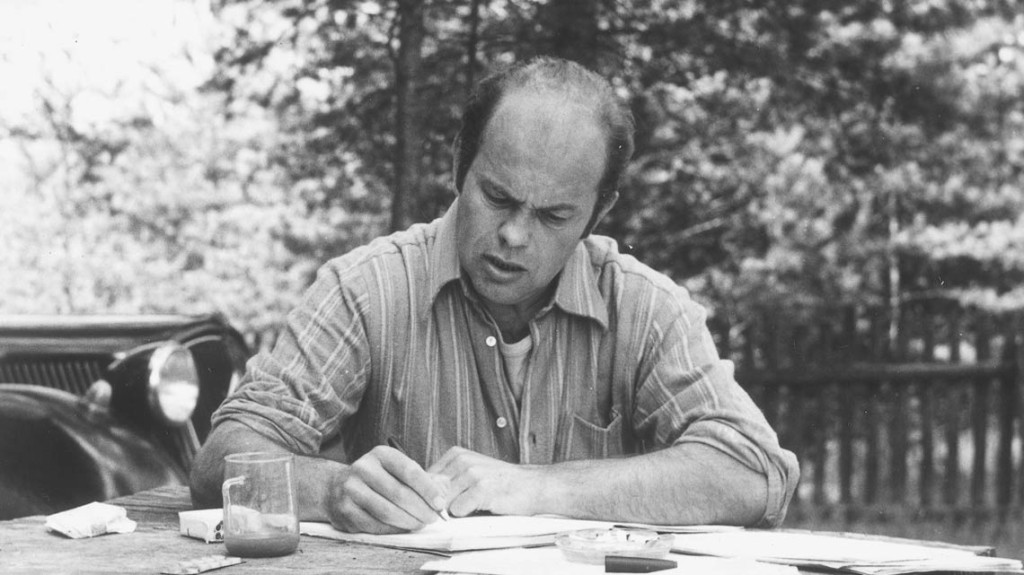[quote align=’left’]Mr. Kuron’s goal was to reach the workers and unite them with the intelligentsia in a joint protest. The intelligentsia possessed the theoretical knowledge, international contacts and organization, but only the workers could delegitimize the “workers’ party.” In doing so, he reached, among others, a shipyard worker named Lech Walesa.[/quote][dropcap]O[/dropcap]n June 4, many of the world’s political leaders, President Obama among them, will gather in Poland to celebrate the 25th anniversary of the historic 1989 parliamentary elections, which ended in victory by the Solidarity movement. Tadeusz Mazowiecki became the first non-Communist prime minister behind the Iron Curtain, setting off change across the Communist bloc. Several months later the Berlin Wall fell, and two years later the Soviet Union collapsed.
[dropcap]D[/dropcap]uring the celebration, much will be said about Mr. Mazowiecki’s role, and that of other Solidarity leaders like Lech Walesa. But room must also be made for Jacek Kuron, the main organizer and leader of the democratic opposition of the 1960s and ’70s, without which Solidarity would not have come into being.
(…)
Read the full article in the New York Times and feel free to post your comments below.
A version of this op-ed appears in print on May 30, 2014, in The International New York Times.
Photo: @ Projekt: Polska, CC
![Political Critique [DISCONTINUED]](http://politicalcritique.org/wp-content/uploads/2015/09/Political-Critique-LOGO.png)
![Political Critique [DISCONTINUED]](http://politicalcritique.org/wp-content/uploads/2015/09/Political-Critique-LOGO-2.png)
